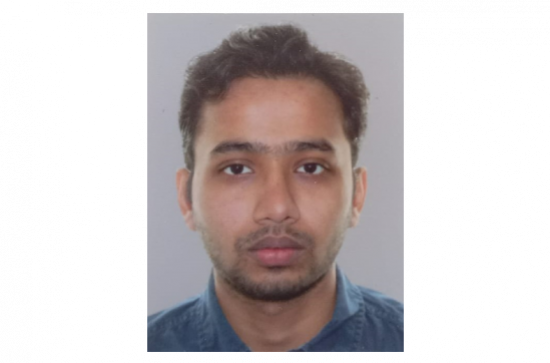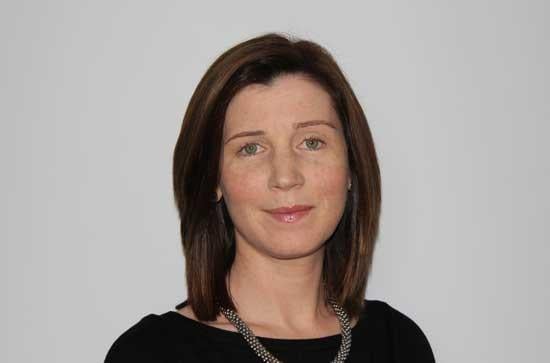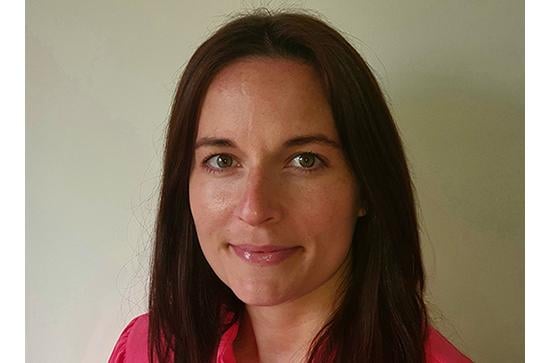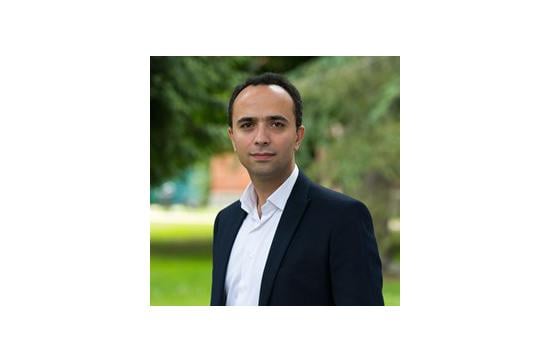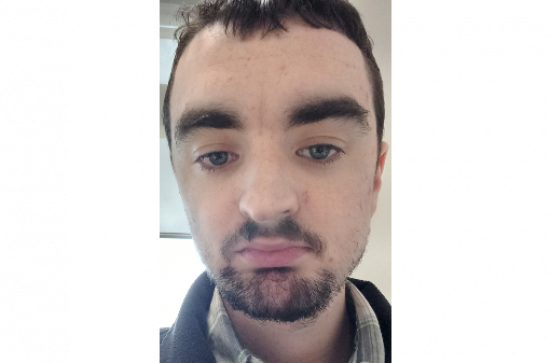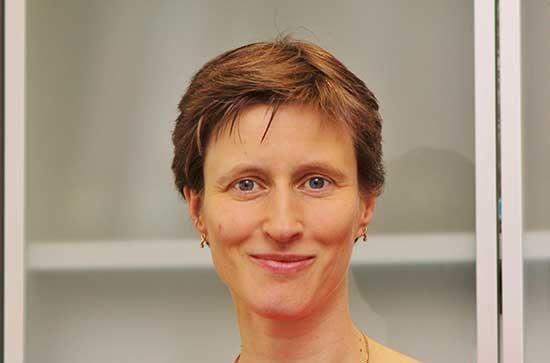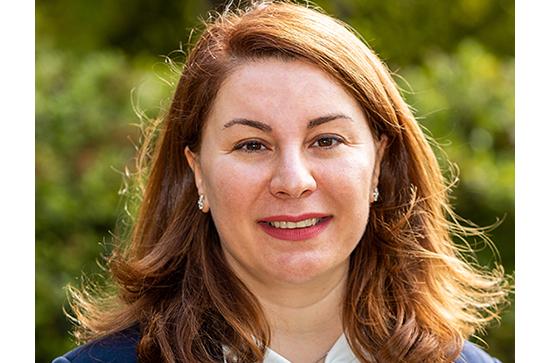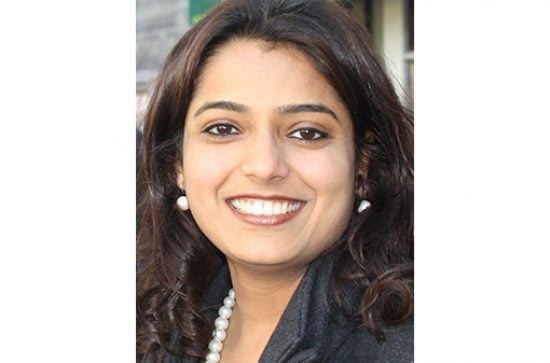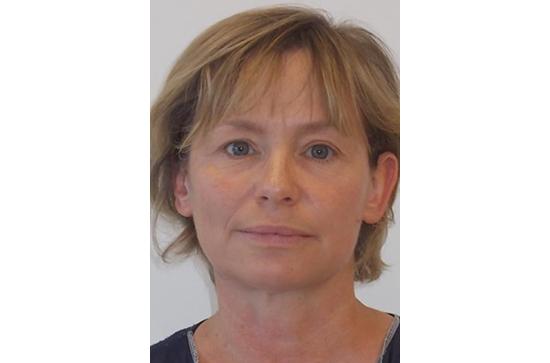Qualification : MASTER OF SCIENCE DEGREE
Award Type and NFQ level : TAUGHT MASTERS (9)
CAO/MU Apply code : MH48D
CAO Points :
Closing Date : 30 June 2025
This programme is for students who would like to solve business problems through quantitative data analytics. Organisations today realise that data analytics is a critical competitive capability to survive in the new era of Big Data and Artificial Intelligence. Businesses now have abundance of data at their disposal generated from traditional functions such as sales and operations, but also, more recently, from social media and the Internet of Things. That has made the volumes and variety of data of value to businesses very large, effectively dubbed as the Big Data era.
Mining data and finding insights of value to businesses is a crucial process to move from raw and seemingly messy data, to organised insights supporting evidence-based management. For example, classifying free-text tweets of consumers opinions of a certain companys product into positive, neutral and negative sentiments can help the company identify potential issues and deal with them in a proactive manner.
This MSc in Business Analytics is for graduates with degrees that include quantitative techniques such business, management, mathematics, physics, and others, who would be interested in applying quantitative analytics in business, including in commercial, governmental and non-governmental organisations. The Big Data analytics market is set to grow with a rise in demand for data analytics jobs. This programme enables students to bridge their business analytics skills gaps and get ready to contribute to this exciting and growing data-based economy.
Additional Resources
Please check out the Postgraduate Open Day Page for details on our upcoming open days and postgraduate information and resources shared at previous open days which includes information on fees, funding, scholarships and student life.
Autumn School
The programme offers a preparatory Autumn School to prepare students from different backgrounds to arrive at basic levels of business, maths & statistics, and programming for business analytics. The date for this is normally in the last 2 weeks of August.
Course Commences
September entry
Candidates should have a minimum 2.2 grade honours (level 8) degree which includes quantitative techniques as part of the degree (including the ability to undertake statistical analysis of data). International applicants must have a recognised primary degree which is considered equivalent to Irish university primary degree level at 2.2. Examples of such degrees include business studies, management science, economics, finance, accounting, engineering, mathematics, physics, computer science and other sciences. Please note that this degree is quantitative in nature and therefore applicants do need to have a basic level of quantitative capabilities, hence the requirement for a degree with modules that have a quantitative element within them.
Applicants who have a minimum of three years work experience in a position that employs quantitative methods and a 2.2 honours degree (quantitative or non-quantitative degree) may be considered for entry on a case-by-case basis. In exceptional circumstances consideration will be given to candidates who do not hold a primary degree, but who do have at least 10 years' relevant work experience at least 3 of which must be in a position that employs quantitative techniques. These applicants are managed through the Maynooth University Procedure for Non-Standard Entrants and Recognition of Prior Learning (RPL).
Minimum English language requirements:
Applicants for whom English is not their first language are required to demonstrate their proficiency in English in order to benefit fully from their course of study. For information about English language tests accepted and required scores, please see here. The requirements specified are applicable for both EU and International applicants.
Maynooth University's TOEFL code is 8850
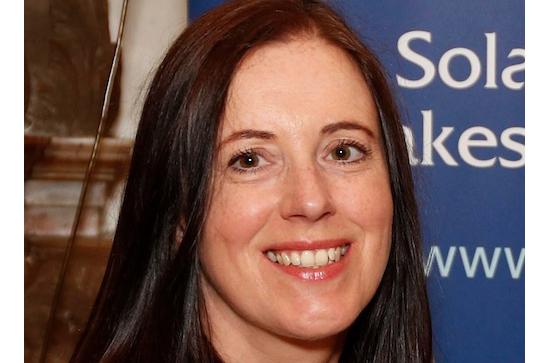
Academic

Academic

Academic

Academic

Academic

Academic

Academic
Department of School of Business
Department of Faculty of Social Sciences
Department of International
Department of ICARUS

Academic
Department of International
Department of School of Business
Department of Arqus European University Alliance

Academic

Academic

Academic

Academic
Department of School of Business
Department of Hamilton Institute
Department of Innovation Value Institute (IVI)

Academic

Academic
Course Duration: 12 months (full-time)
The programme is intensive with a focus on hands-on learning experience. It is made up of eight taught modules. Modules cover the foundations of business analytics (Principles of Business Analytics, and Predictive Analytics), real-world analytics projects with an organisation (Analytics Live), analytics applications and socio-technical implications (Marketing Analytics, Contemporary Issues in IT, and People, Organisations & Society), in addition to Core Experiences modules (Career Planning and Development, and Evidence-Based Management). For details on module overviews, learning outcomes, teaching and learning methods and assessment please visit Course Finder.
The programme also offers a preparatory Autumn School to prepare students from different backgrounds to achieve the basic levels of business, maths & statistics and programming that you will need to undertake an MSc in Business Analytics. Our approach to learning involves active engagement in problem solving, individually and collectively.
We have two semesters of taught modules, during which each module is taught over four days. These four days will be time-tabled three to four weeks apart so that learning can occur between the individual teaching days and permits for reflection on content and the completion of projects and tasks, and supported by access to lecturer insights via office hours and online supports as necessary.
Online application only. To make an application please click here.
To apply for your chosen postgraduate study at Maynooth University, please ensure you have the following documents to make an application:
- Evidence of your primary degree
- Academic transcripts
- A copy of your passport
- A personal statement
Applicants for whom English is not their first language are required to demonstrate their proficiency in English in order to benefit fully from their course of study. For information about English language tests accepted and required scores, please see here. The requirements specified are applicable for both EU and International applicants.



